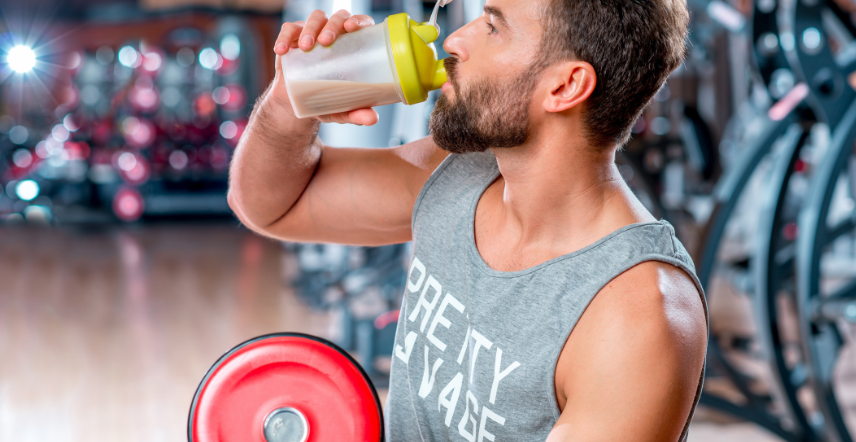Introduction
Athletes often focus on training to achieve peak performance, but nutrition plays an equally vital role. Sports nutrition isn’t just about eating right; it’s about optimizing your diet to match your specific fitness goals, whether that’s building strength, improving endurance, or speeding up recovery.
The Role of Nutrition in Athletic Performance
Sports nutrition provides the body with essential nutrients to enhance energy levels, muscle repair, and recovery. It ensures you’re fueling your body to meet the demands of your training while preventing fatigue and injury.
Key Components of Sports Nutrition
- Macronutrients: The Building Blocks
- Carbohydrates: The primary energy source for athletes. Focus on complex carbs like whole grains, fruits, and vegetables.
- Proteins: Essential for muscle repair and growth. Incorporate lean meats, eggs, dairy, or plant-based proteins.
- Fats: Healthy fats support long-lasting energy. Include sources like avocados, nuts, seeds, and fatty fish.
- Micronutrients: The Small but Mighty Heroes
- Vitamins & Minerals: Ensure proper hydration, bone health, and energy production. Key examples include calcium, iron, and B-vitamins.
- Hydration
- Proper hydration is critical for performance. Water is the foundation, but electrolyte-rich drinks are beneficial for prolonged activities.
Pre-Workout Nutrition
Fueling before exercise ensures you have the energy to perform at your best.
- What to Eat: Focus on carbs and a small amount of protein. Avoid high-fat or fiber-heavy foods to prevent digestive discomfort.
- Timing: Eat a balanced meal 2-3 hours before exercise or a light snack 30-60 minutes prior.
Example:
- Meal: Grilled chicken, brown rice, and steamed veggies.
- Snack: Banana with peanut butter.
Post-Workout Nutrition
Recovery is as crucial as training itself. Refueling after exercise restores glycogen levels, repairs muscle tissue, and reduces soreness.
- What to Eat: Combine carbs and protein in a 3:1 ratio for optimal recovery.
- Timing: Eat within 30-60 minutes post-exercise for maximum benefits.
Example:
- Meal: Salmon with quinoa and roasted sweet potatoes.
- Snack: A protein smoothie with almond milk, spinach, and berries.
Supplements in Sports Nutrition
While whole foods should be the priority, supplements can support specific goals:
- Protein Powder: Convenient for meeting protein needs.
- Creatine: Enhances strength and muscle mass.
- BCAAs: Reduce muscle soreness and support recovery.
- Electrolytes: Replenish lost minerals during intense workouts.
Note: Always consult a healthcare professional before starting supplements.
Common Nutrition Mistakes to Avoid
- Skipping meals or eating too little.
- Over-relying on supplements instead of whole foods.
- Neglecting hydration during and after workouts.
- Eating foods that don’t align with training goals.
Conclusion
Sports nutrition is a game-changer for athletes of all levels. By tailoring your diet to your training, you can unlock your full potential and achieve long-lasting results. Remember, consistency is key—fuel your body right, and it will reward you with peak performance.
Call to Action
Ready to take your fitness journey to the next level? Start planning your sports nutrition strategy today and experience the difference it makes in your performance and recovery! 🏋️♂️🥗






